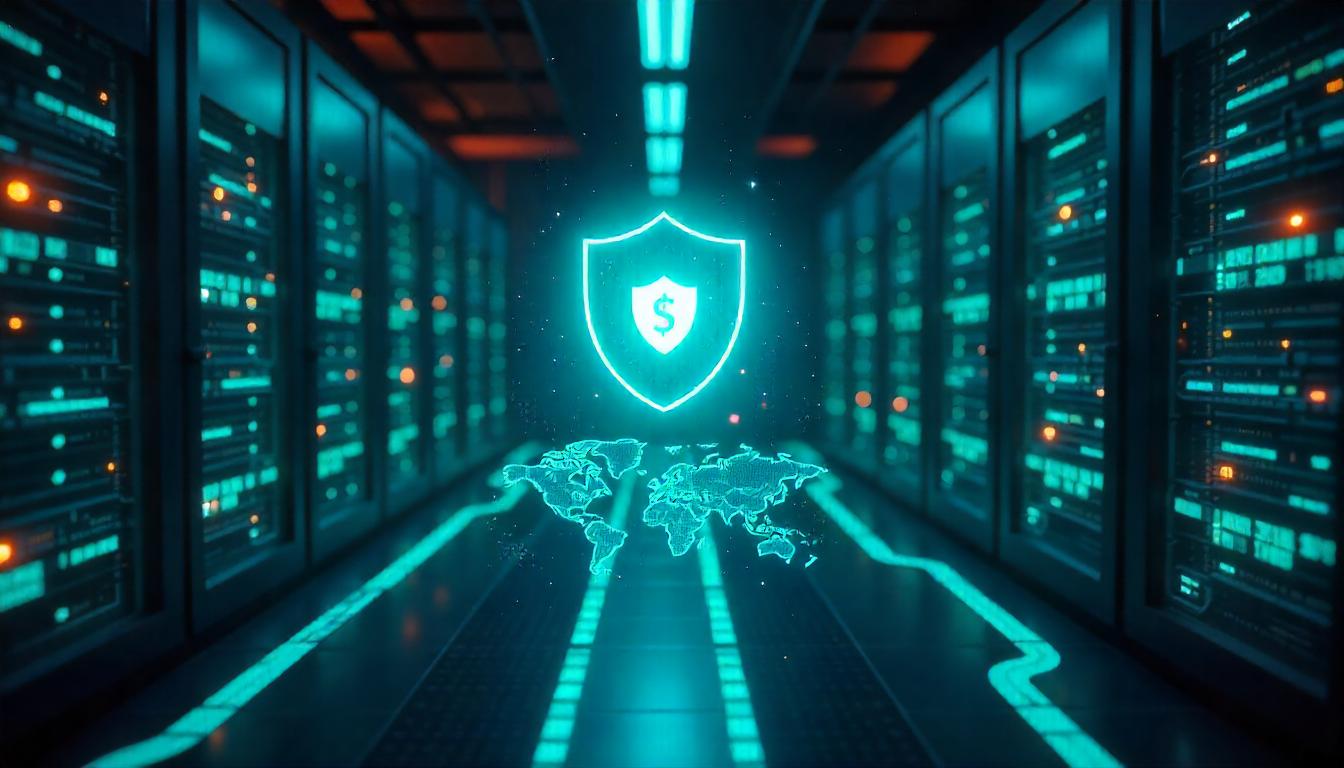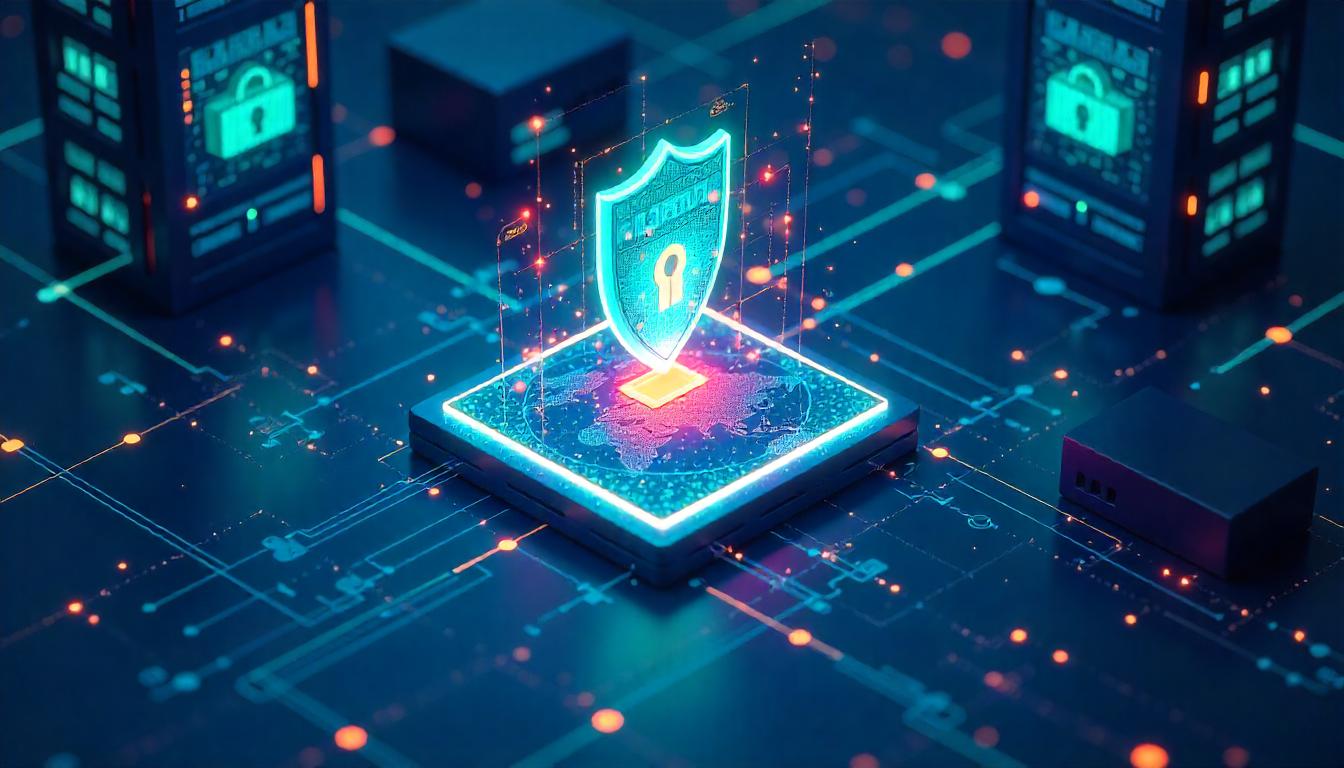As cyber-attacks grow more common and demand for privacy mounts, VPN servers have become a vital shield for securing online activity. As someone who is probably worried about data security, privacy or avoiding geo-restrictions, selecting the best VPN server is the first step to keep your browsing safe and unrestricted. In this ultimate guide, we will help you understand VPN servers, the features to look for in a VPN server, and things you need to consider for the best one.
Introduction to VPN Servers
How we live today, privacy, security and online have become a crucial issue. A VPN (Virtual Private Network) provides a convenient solution to this issue by encrypting all of your internet traffic and masking your IP address so that it is more difficult for anyone to track or monitor your actions online. The question is, though, which VPN server is best for you? Before we get into the details, let’s quickly cover what a VPN server is, what it’s for, and how it works.
What is a VPN Server?
A VPN server is a server that a VPN provider operates to create a tunnel between your device and the internet that is secure and encrypted. With a VPN server, your internet traffic is passed through the VPN server instead of your normal internet service provider (ISP). When you connect to a VPN server, your data is encrypted and your true IP address is disguised, providing an extra layer of security and privacy.
Why Do You Need a VPN Server?
Various reasons to use a VPN server:
Privacy and Security: A VPN encrypts your internet traffic, making it nearly impossible for hackers—and even your ISP—to track your online activity. This is particularly vital while using public Wi-Fi networks that are prone to security threats.
Bypass Geo-blocking: Many websites, streaming services, and apps restrict access based on geographic location. VPN servers allow you to connect to a server located in a different country, helping you get around these geo-restrictions and providing you access to content that may be unavailable in your area.
Bypassing Censorship: Some websites or services may be blocked in some countries. To evade this censorship, a VPN server masks your IP address and makes it look like you’re browsing from an entirely different location.
How to Prevent Bandwidth Throttling: Some ISPs slows down your internet speed depending on your online activities (like streaming or gaming). With a VPN server, you can escape throttling and access speeds as fast as your ISP can allow.
How VPN Servers Work
How VPN Servers Work: A VPN server is an intermediary between your device and the internet. Let’s break it down in simpler terms:
Encryption: The VPN server encrypts your data and establishes a secure “tunnel” for your internet traffic. That means nobody can intercept or read your data.
Data Visibility: Your ISP and third parties can still see that you are connected to the VPN; however, the Data packet does not display what websites you are connected to.
Data Transmission: The next step requires your internet traffic to go through the encrypted tunnel to the destination server (website, app, etc.). Your online activity also remains private since the destination server only sees the VPN’s IP address and not your own.
Return Data: The server sends the requested data to the VPN server, where it’s decrypted and sent to your device.

What All Should You Look for in the Best VPN Server?
Not all VPN servers are equal. There are several key features to keep in mind while selecting the best VPN server to improve your experience. Whether you want speed, security, or a particular server location,
here’s what to consider when comparing VPN servers:
Speed and Performance
Speed and performance is one of the important factors when choosing a VPN server. A decent VPN server has fast speeds, so you can browse, stream, and download content without any significant lags. All VPN servers may cause some speed drop due to the encryption, but the best providers know how to keep this to a minimum.
When testing a VPN server, keep the following in mind:
Ping Time: Low ping time means fast connection speed and low delay.
Download & upload speeds: Faster download and upload speeds are important for activities such as streaming, gaming, and downloading large files.
Server Load: The speed of servers that are heavily loaded with users may be slower. Choose VPNs that have a lot of servers so that you can connect to a less packed one.
Security and Encryption
The main purpose behind having a VPN server is security. A good VPN server should offer a robust encryption protocol for data protection. Currently, one of the most secure encryption methods available is the AES-256 encryption offered by the best VPN providers.
Other security features to note will include:
Kill Switch: A kill switch prevents your internet connection from being active unless your VPN server is active as well.
DNS and IP Leak Protection: If the VPN were to inadvertently reveal your real IP address or browsing activity, DNS or IP leak protection would stop this.
Server Locations
Another important feature of a VPN server is the number and variety of server locations. The provider of the VPN also should consider the number of locations of its servers; the more the number of locations the more the chance you will have to unblock the geo-restriction and access to the content of the different country.
So the VPN provider you choose should have servers in these regions:
- North America
- Europe
- Asia
- Australia
- South America
If a provider has servers in multiple locations throughout the world, you can also find a faster server with lower ping times.
User-Friendly Interface
A user-friendly interface is important even for beginners choosing a VPN server. This is where you need a provider that offers user-friendly apps across devices —including Windows, macOS, Android, and iOS. The front of the app should be uncluttered and straight forward, making it clear where settings and options are.
Support and reliability
Customer support is a vital aspect of using any tech service, and that includes VPN services. Look for a VPN provider that provides around the clock customer support through multiple ways including live chat, email, and phone. And finally, they should have a solid reputation for reliability: their servers should not go down.



